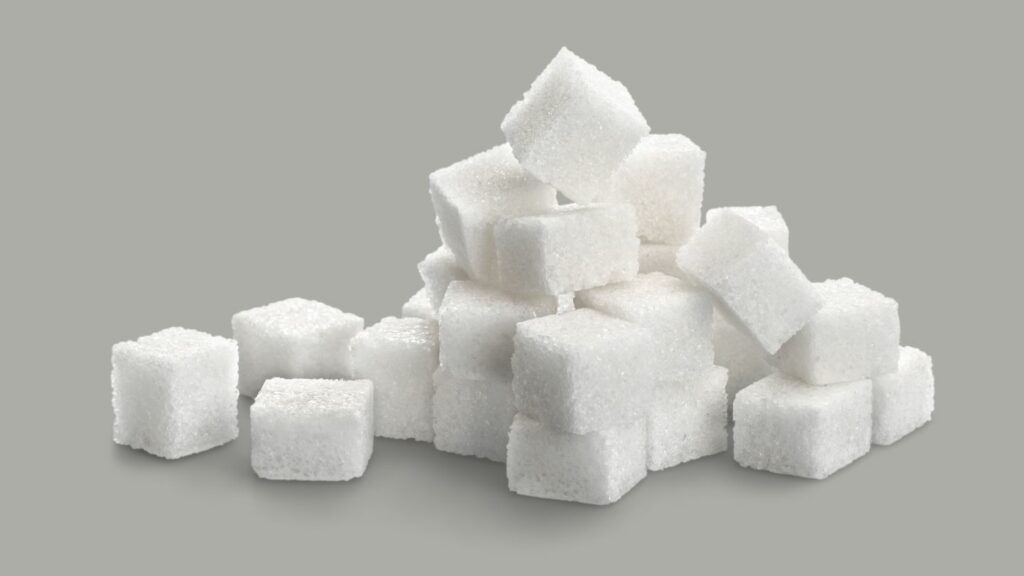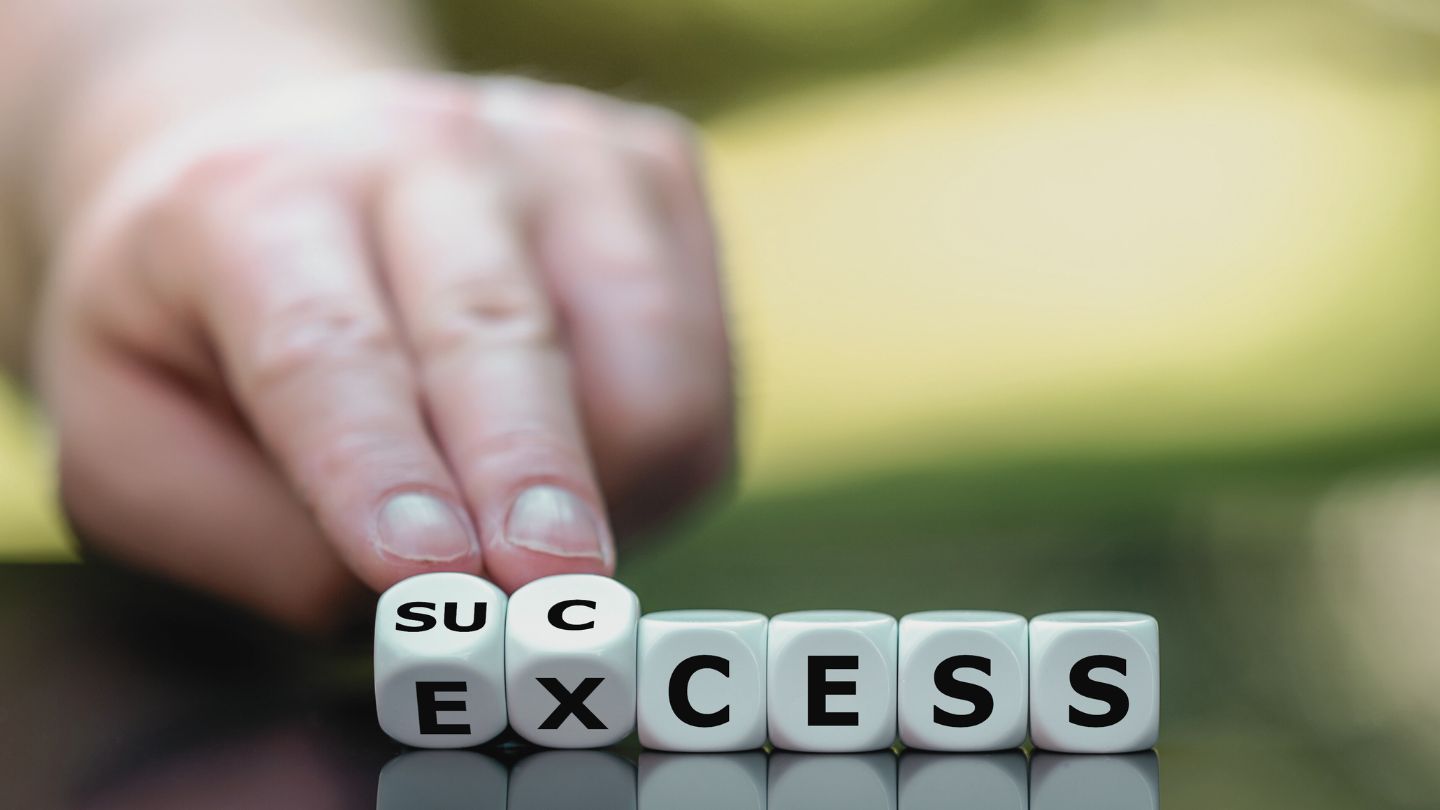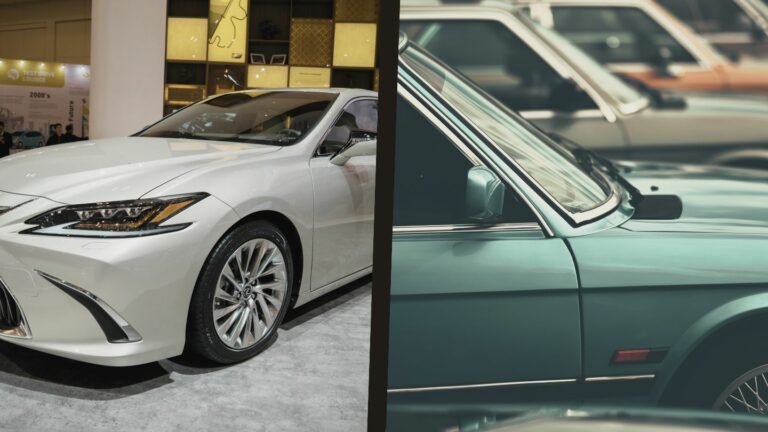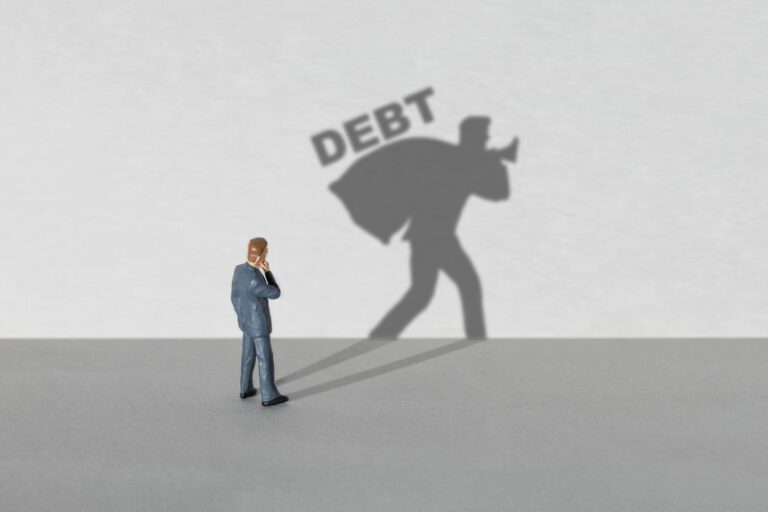( reading time: 6 min. 48 sec. )
What is success, and what is more success? The wrong definition will drain the resources we use to get the things that make us happy, with things that make us busy at best and need more resources at worst.
We all drift individually and collectively. Getting the target for our success requires knowing our real goals and course corrections as we move through life’s journey. Course correction requires understanding why we drift and how to make effective corrections.
This article will guide us to look past the facade of success. The real keys to success are not hidden, but distractions surround them. Learning to filter out distractions gives us clarity and helps us achieve true prosperity.

Finding Sensory Satisfaction
It has been said over and over that Americans have a sugar addiction. What starts as a better experience transforms our mindset into thinking some things are not sweet enough. Some things we used to enjoy are moved to the not good enough for me category because of our experience with superior sweetness. We become food snobs.
Sweet tooths are not our only sensory compulsion. Look at our cars, including our current vehicle. Nobody wants to be the person who drives the ugly car. Some cars have disappeared from the market as they go the way of the Oldsmobile. Oldsmobile had an image issue of being your father’s car, meaning legacy and out of style. They tried to change the image with an ad campaign pushing, ‘This is not your father’s Oldsmobile.’ The campaign failed because it failed to change the mindsets of the younger generations.
Foods, cars, clothes, and more are all sensory experiences. While we agree some change is good, and it keeps life interesting, often we make things requirements that are costly changes. The cost of too much sugar is more than just an issue with the grocery budget. Too much sugar also impacts our medical budget, and as health declines, it impacts our income.
A fancy, stylish car is better because it doesn’t impact our health. We could also cite that the less expensive vehicles look better because of the demand for better-looking cars. If it is true that the less costly cars look better, why don’t we buy less expensive vehicles? As the typical cost of transportation increases, we tend to change our standards of what a reasonable purchase is in line with the typical practices of others.
Hang on here; my goal is not to give us all a guilt trip, to judge anyone, or to turn us into ultra minimalists. More is not wrong. What we should be learning is that our standards and our definitions have drifted and need course correction. This course correction will wake us up. The redefined baseline for more will help us realize more starts sooner than we think. Enough happens sooner than we expected. It also will tell us suffering isn’t a lack of more.

Ego Mascarading as Success
Now we look at what others have and realize most people have different levels of more than enough. Let’s invert this conversation to ask what is enough. The most crucial side of the ego is avoiding the feeling of being a failure. Understanding how standards shift can help us correct drifting definitions of success.
There are three phases of financial and material success. The first phase of success is stability, then comes security, followed by freedom. Of course, there is always the possible challenge of a crisis to throw any of these phases. Success can be viewed from where I could have been and how I am currently doing. Ego will prevent us from seeing how well we are doing and tell us to focus on how we could have been doing. Ego-driven anxiety is usually driven by comparing ourselves to others on things we cannot change. Accept that past as real and unchangeable, but realize today we have control of our choices to influence our future. Regretting the past doesn’t mean we have to fear the future we can have based on today’s choices and actions.
The ego is our brain saying that life would be better if it weren’t me. It is blind to the fact that our choices make our lives better or worse. We don’t need others to figure out who we are. As we see what others have done and how they did it, that can show us possibilities. We should not look at the results others have achieved and compare them to our results to measure our sense of value. That will likely prevent us from using our strengths to reach our goals. We need to understand how life works for us and avoid getting distracted trying to achieve a life that works for us. (hint: watch fewer commercials, infomercials, etc.)

More Isn’t Always Better
Would I be better off if my retirement promised six hundred or six thousand a month? Since two thousand in today’s economy, most realize six hundred would make survival and happiness challenging.
Would I be better off if my retirement promised six thousand a month or sixty thousand? Six thousand a month adds up to seventy-two thousand a year. Six thousand in income should be more than enough, depending on my health, where I live, and how much debt I carried into these years. The options would be different with sixty-thousand, but are they better?
Research and observation have persuaded me that much of the definition of better is based on more sensory experience and ego. If my fancier food experiences rob me of enjoying other experiences, then my “standard of living” shifts me away from enjoying things I should still be able to enjoy. If an occasional indulgence doesn’t rob me of my everyday joy, then moderation allows me to participate without creating sensory addictions.
If success is defined by having more, then we have a paradox written about in Bloomberg in 2032. They interviewed people in the top 10% of income earners in America. Over half of those who earned income at that level with less than $500k in assets felt either poor or like they were just getting by. Less than half of those earning $500k up to $5M a year felt rich. Only those earning over $5M a year included half of them who viewed themselves as rich. What does this tell us about the myth that more will make us happy? It says over half of us are wrong.

Wudda, Shudda, Cudda
We enjoy more flavor in our food. We enjoy better design and more features in our transportation. Good food isn’t bad because there is better food. Good transportation isn’t missing something because we like features provided by other transportation.
We enjoy showing how good we have done compared to others, but doing good isn’t about how good someone else did. We also need to avoid using up our resources to meet someone else’s standard of good. If life is good, don’t let your ego harm your future.
You know how people like to respond to the cliche: money cannot buy happiness. Everyone presumes they would like to try. I have learned that while a man’s home is his castle, not every castle is a home. The cost of this luxury is incredible. If you look at the sale cost, you will assume a castle is an asset. More than a home, a castle is a liability because upkeep costs many times more than a house.
You have more if you have a summer cottage on a lake, a home, and a winter home down south. If you also have a travel trailer to move between them all and go on vacation you have the joy of more. Like all things, it comes with tradeoffs. You must manage all these things beyond the taxes, utilities, maintenance, and other expenses. These things give you more jobs, which means you may have created a lifestyle where you work without pay, maintaining things you now feel you need to be happy. Is your lifestyle stealing your life?
You are likely more like us, one home at most, others perhaps renting. We would look at the rich and are sure we are not rich. If you are like me, my perception of being rich is based on something other than having more than my core needs. It is influenced by my view of how much others have. How does this impact my budget?
The goal, again, is not to make anyone feel guilty but to consider we all may be more prosperous than we previously considered. Life may be better than we thought, and we don’t need better things to have better relationships. The top one percent earners in America have made that clear if we understand more money didn’t make them happier.

Takeaway Time
We have heard it said: stop and smell the roses. How many of us would recognize the scent of a rose without someone telling us what it is? Do we see the beauty and benefit of those around us? Are we grateful for the gift of friends, family, and neighbors?
Do we see a neighbor with a new car and reevaluate our car as old and ugly? Do we then load future me with payments with a car we get no real benefit from over the one we traded in? We may have been taken in not by the smell of the roses but by the new car smell at the dealership.
The prosperity of others doesn’t threaten gratitude. Gratitude is like the feathers on a duck’s back, keeping the bird dry and floating. Gratitude is like the hollow hairs of a polar bear, keeping the bear warm just about an inch from polar cold weather. Gratitude sees the value of what one has without needing more to continue to exist.
Healthy mindsets don’t block us from getting more. It protects us from delusion. When we do financial coaching, we find the opposite true. Those who can practice delayed gratification, save, and invest tend to have more or have the ability to get more without needing more to be happy.
How will you influence your future today?








